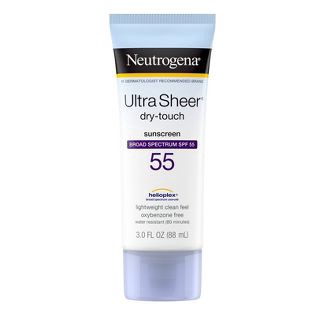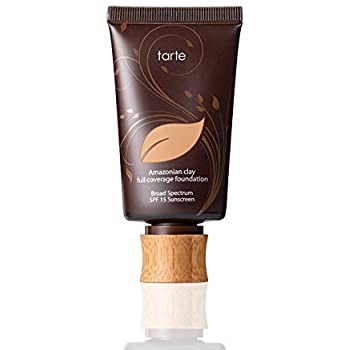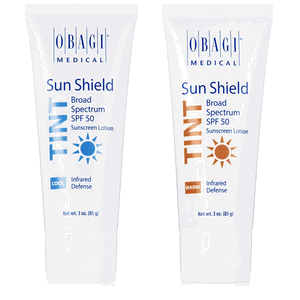Home | BBB Blog | Why You Shouldn't Ditch Your Sunscreen in the Winter
Why You Shouldn't Ditch Your Sunscreen in the Winter
It’s that time of year again! The time when we say goodbye to ice tea, beaches and sunshine, and say hello to pumpkin spice, scarves, comfy sweaters and leggings. Well, unless you’re like us, and live in Southern California where seasons don’t really exist. Even with the warmer winter weather we experience here, there is still the temptation to stop using our protective sunscreen. It’s cooler, so the sun isn’t as intense and won’t damage our skin, right? Not quite. Fun fact: the earth is actually closer to the sun during the winter months! The sun emits two types of light that are damaging to our skin: UVA and UVB rays. Only one of these two perpetrators, UVB, is lessened in the winter.
Let’s go over the differences between UVA and UVB rays. Ultraviolet A rays, or “long wave” rays, penetrate the skin much deeper and cause signs of aging. Unfortunately for those of us that love that golden glow of summer, these are also the rays that cause tans. Ultraviolet B rays, or “short wave” rays, don’t penetrate the skin as deeply. They affect mainly the surface of our skin. These are the waves that cause sunburn. It makes sense, right? Shorter waves don’t reach as far as longer waves, even though the shorter waves are more intense. UVB waves are strongest during the summer months, while UVA waves remain unaffected by seasonal change. Not only are UVA waves unaffected by winter, they are also pretty much always present. They can be found in the shade, during overcast weather, and can even reach through our clothing!
Skincare specialists recommend wearing sunscreen all year round. While you are less likely to get painful sunburns during the winter, you are just as susceptible to the aging effects of UVA rays. Those of us who are concerned about aging skin are very familiar with the terms “collagen” and “elastin.” Together, they keep your skin tight and elastic. UV rays cause the breakdown of collagen and elastin much quicker than the normal aging process. This breakdown causes the skin to grow wrinkly and saggy prematurely. Broad spectrum sunscreen helps protect your skin from both UVA and UVB rays, thereby lessening the aging effect the sun has on our skin.
No one wants to wear those oily, dense, pore-clogging sunscreens all the time though. Thankfully for us, there are several lightweight, moisture-rich options available. Here are three of my favorites:

- Neutrogena’s Ultra Sheer dry-touch is a great winter option. It’s a broad-spectrum SPF that will protect you from both UVA and UVB rays. Its non-greasy formula is moisturizing and non-comedogenic, perfect for daily use on sensitive skin.

- This next one isn’t a dedicated sunscreen, but instead a foundation, and one of my favorites! Tarte’s Amazonian Clay foundation not only provides great coverage, but is also a broad-spectrum SPF 15 sunscreen! The amazonian clay helps control oil and balance your complexion, while the SPF protects your skin from the sun’s damaging rays. It’s vegan, oil-free, hypoallergenic, and will make a great addition to your cosmetic routine!

- Last, and certainly not least, we have Obagi Medical’s Sun Shield Tint. I love this one because it is a tinted broad-spectrum SPF 50 sunscreen. The tint is designed to match your natural undertones and enhance your complexion. It’s great to wear underneath your foundation, and it won’t clog your pores.
Sunscreen will slow the aging effects of the sun. Be sure to protect your skin during the winter, as well as during the summer. Your skin will thank you for it later!
